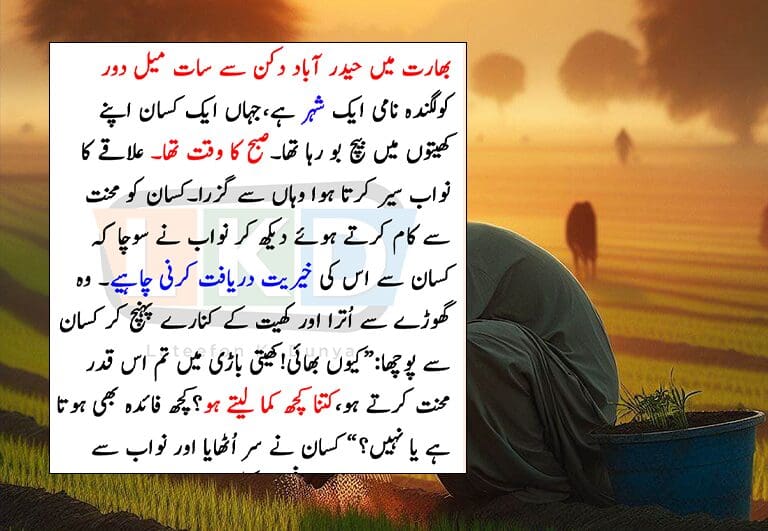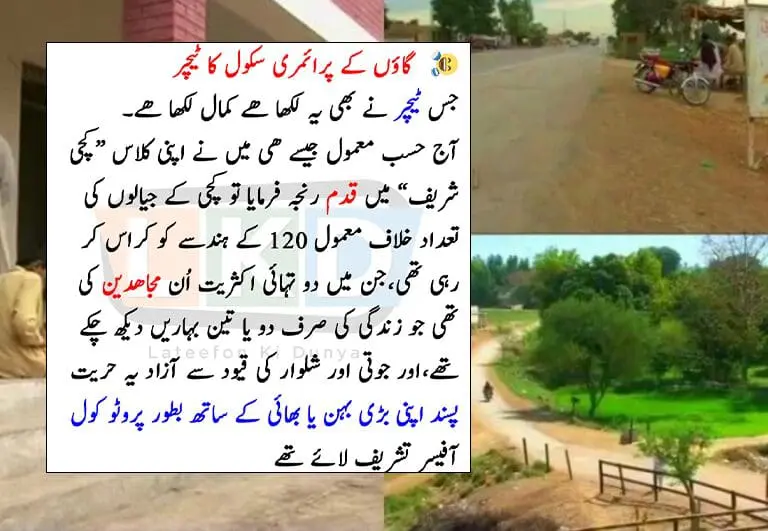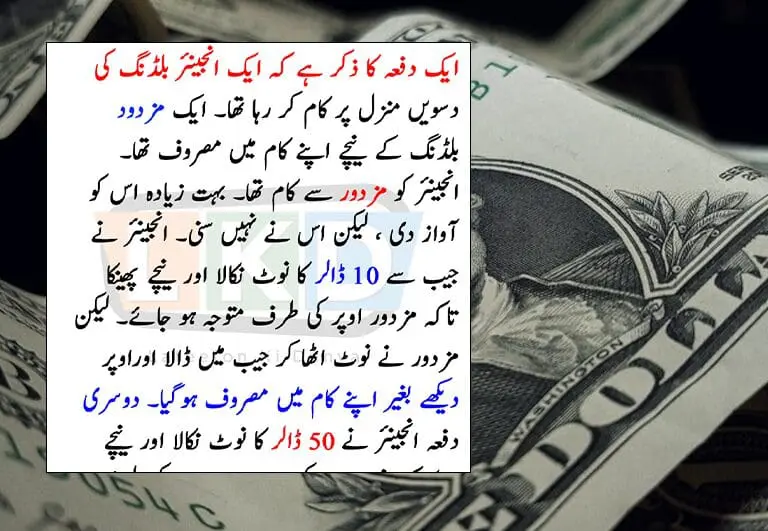The Farmer’s Wise Response to the Nawab
Once upon a time in Kolgonda, a city located seven miles away from Hyderabad in India, a farmer was busy tending to his fields on a bright morning. As he toiled under the sun, the local nawab happened to pass by, observing the farmer’s hard work. Impressed by the farmer’s dedication, the nawab decided to inquire about the fruits of his labor.
READ IN URDU BELOW



Dismounting from his horse, the nawab approached the farmer and asked, “Brother, why do you work so diligently in your vast fields? What do you earn, and is it worthwhile?” The farmer, raising his head, replied, “What’s the use, sir! After harvesting, I divide the yield into four parts.”
Curious, the nawab probed further, “How do you allocate these four parts?” The farmer explained, “One part goes towards government taxes.” He paused, then continued, “The second part is used to repay loans. The third part goes towards my expenses, and the remaining fourth part is simply squandered.”
The nawab, perplexed by the farmer’s peculiar distribution, asked, “Your words are beyond my understanding. Explain clearly – you both take and give loans. What kind of loan is it that you repay every season, yet it never seems to end? And who is this person to whom you constantly lend, only to whimsically dismiss a quarter of the amount?”
The farmer responded, “Your Excellency, the truth is that my father had taken a loan from a moneylender. I now repay the principal and interest after his demise. One part goes to pay taxes, the second part completes the loan repayment, the third part covers my expenses, and the fourth part is spent extravagantly.”
Intrigued, the nawab inquired, “And who is the recipient of this extravagant spending?” The farmer answered, “I spend one part on my two sons so that they may support me in my old age. Another part is allocated for my daughter’s dowry – a necessary expense in today’s age where dowry is considered a wasteful tradition.”
The nawab, now understanding the farmer’s perspective, was moved by his insightful responses. He questioned, “But why do you recklessly dispose of the fourth part?” The farmer explained, “I consider it as contributing to my daughter’s dowry, and in my opinion, it is money well spent.”
Impressed by the farmer’s wisdom and understanding of his responsibilities, the nawab decided to reward him generously. He bestowed a substantial sum upon the farmer as a token of appreciation for his prudent approach to life. Grateful, the farmer bid farewell to the nawab, who departed with newfound respect for the simple yet wise farmer of Kolgonda.



